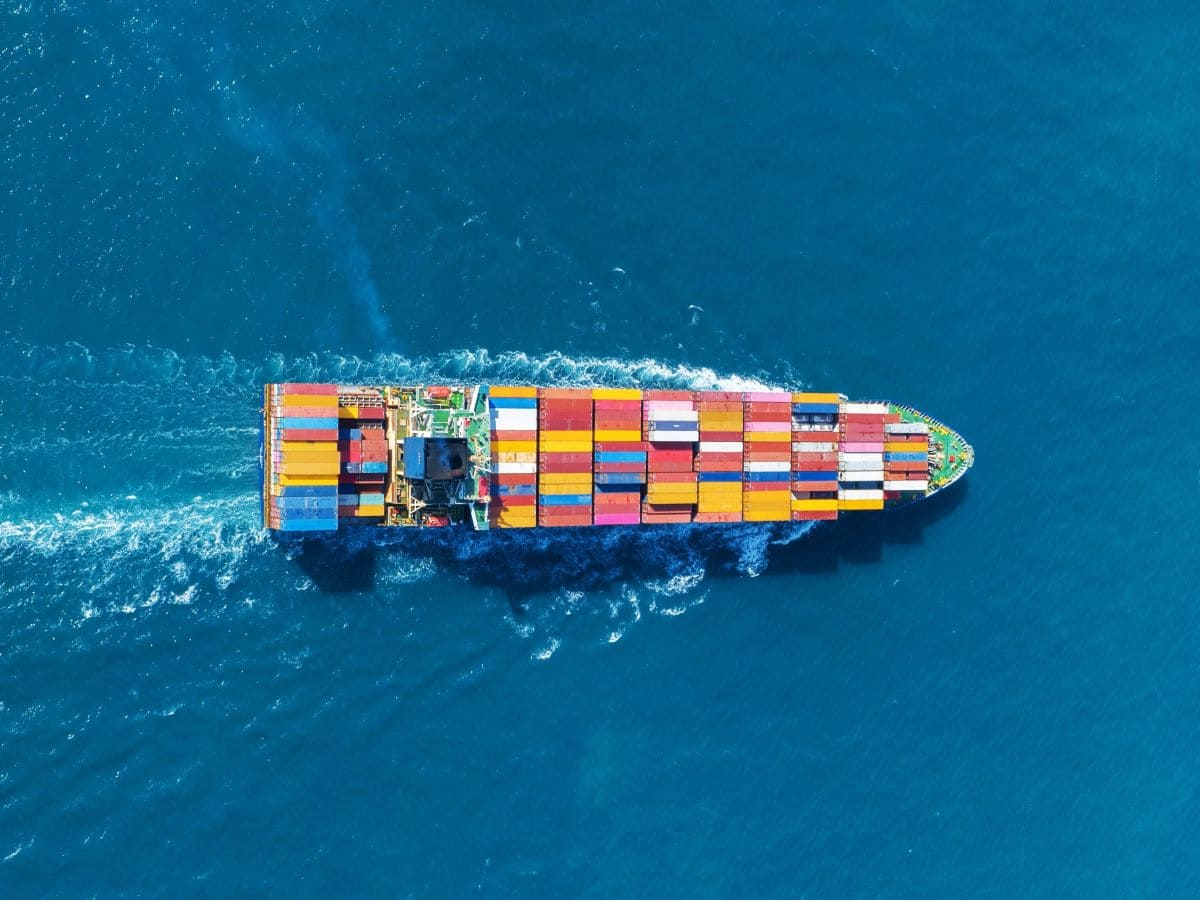Green Compromise: How EU's New Pellet Rules Might Undermine Environmental Safeguards

In a groundbreaking yet paradoxical move, the European Union has crafted a provisional regulation aimed at preventing plastic pellet loss that promises comprehensive oversight while simultaneously exempting the vast majority of the supply chain. This landmark agreement represents a significant first step in addressing microplastic pollution, though its practical impact remains questionable.
The proposed regulation introduces mandatory measures designed to track and minimize plastic pellet spillage across industrial processes. However, a striking contradiction emerges: despite its ambitious scope, the regulation effectively exempts 97% of the supply chain from its stringent requirements. This curious approach raises critical questions about the regulation's potential effectiveness and commitment to meaningful environmental protection.
While the EU's intent to combat plastic pollution is commendable, the wide-ranging exemption suggests that the regulation might be more symbolic than substantive. Environmentalists and industry experts are likely to scrutinize this approach, questioning whether such a limited implementation can genuinely address the growing concern of microplastic contamination in our ecosystems.
As the details of this provisional agreement continue to unfold, stakeholders await further clarification on how this seemingly contradictory framework will translate into real-world environmental safeguards.
